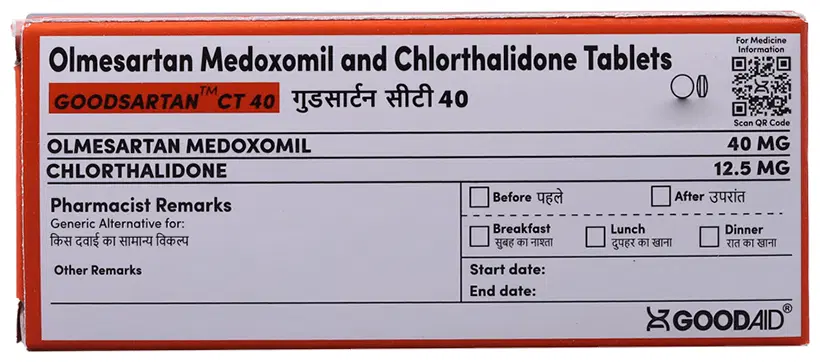Heart attack
A heart attack, also known as myocardial infarction, occurs when blood flow to the heart muscle is blocked, usually by a blood clot. This can cause chest pain, shortness of breath, and other symptoms. Treatment for a heart attack typically involves immediate medical attention, medication, and lifestyle changes to prevent future occurrences.
Medications commonly used in heart attack treatment include:
Aspirin: Helps prevent blood clots and reduces the risk of further complications.
Anticoagulants (blood thinners): Reduce the risk of blood clots forming and help dissolve existing clots. Examples include warfarin and heparin.
Antiplatelet agents: Prevent platelets from clumping together and forming clots. Examples include clopidogrel and prasugrel.
Beta-blockers: Help to slow the heart rate and reduce blood pressure, which can improve blood flow and reduce the workload on the heart. Examples include metoprolol and atenolol.
Calcium channel blockers: Relax blood vessels, improving blood flow and reducing blood pressure. Examples include amlodipine and verapamil.
Nitroglycerin: Helps to widen blood vessels, improving blood flow to the heart and reducing chest pain.
Statins: Lower cholesterol levels, reducing the risk of future heart attacks by preventing plaque buildup in the arteries. Examples include atorvastatin and simvastatin.
Consult with a healthcare professional to determine the most appropriate medication and treatment plan for an individual’s specific needs. Patient education and adherence to lifestyle changes, such as a heart-healthy diet, regular exercise, and stress management, are crucial in preventing future heart attacks.

Showing 1–12 of 39 results
-

Alteplase (2)
-

Nicoumalone (2)
-

Prasugrel, Aspirin (1)
-

Reteplase (3)
-

Streptokinase (3)
-

Tenecteplase (11)
-

Urokinase (17)
Showing 1–12 of 39 results







